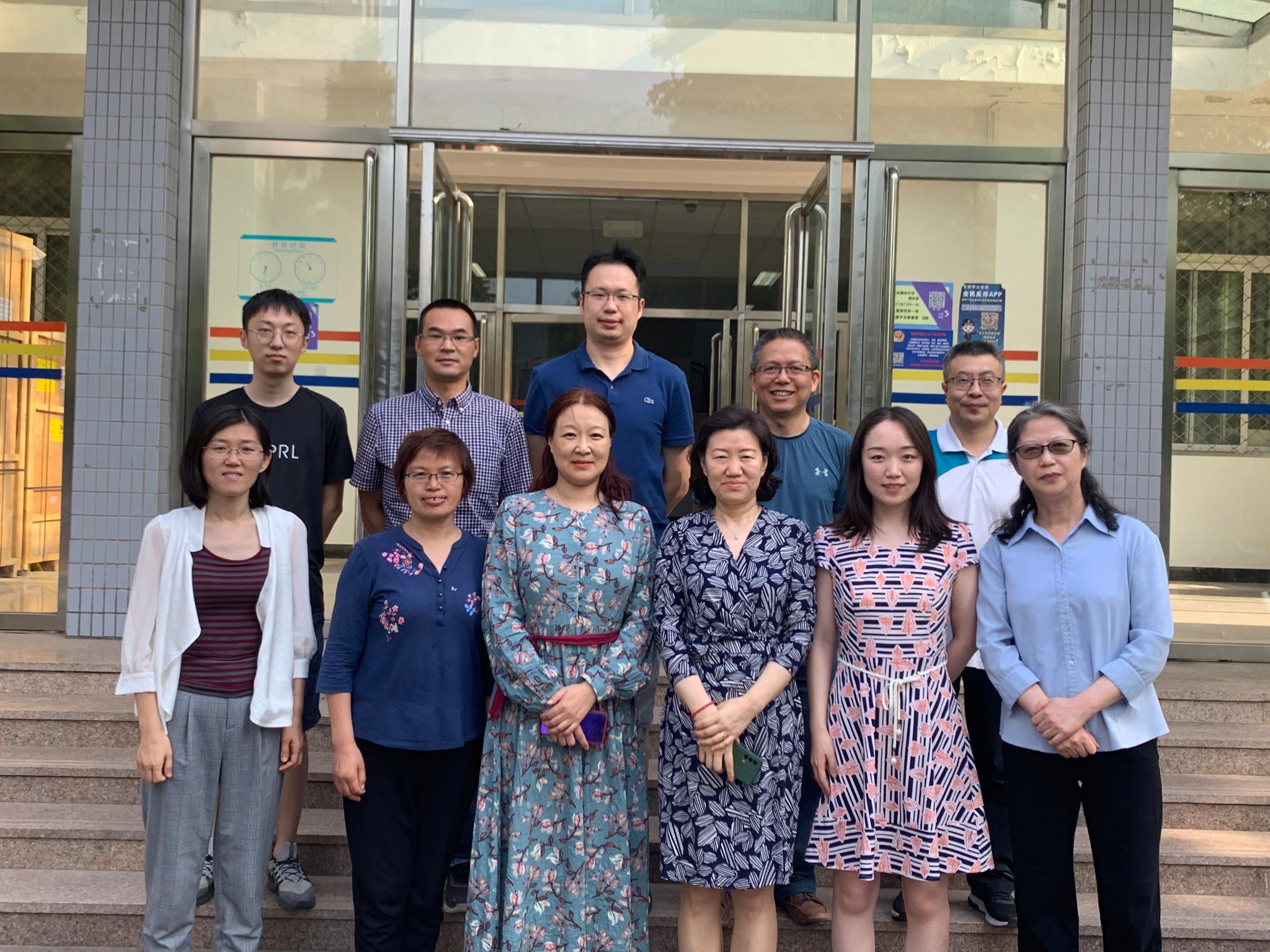The Center of Intelligent Media and Cultural Computation
The Center of Intelligent Media and Cultural Computation originated from the Ministerial Key Laboratory of the Multimedia Technology Center, which founded in the 80s of the last century. The center focuses on the individualized education philosophy, tries to make first-class achievements in basic and applied researches, and serves major national strategies and social needs. The center is now affiliated with the Key Laboratory of Interactive Technology and Experience System of the Ministry of Culture and Tourism, the Beijing Key Laboratory of Internet Culture and Network System, and the Key Laboratory of Digital Copyright Service Technology of the National Press and Publication Administration. It has achieved fruitful results in artificial intelligence-related fields such as smart cities, intelligent biomedicine, multimodal computing, cultural computing, and digital copyright etc. It has published more than 600 papers, authorized and published more than 120 patents and 3 national standards, and won a series of awards, such as the third prize of the National Science and Technology Progress, the first and second prizes of the Ministerial Science and Technology Progress, the first and second prizes of the Beijing Science and Technology Progress, the first prize of the Beijing Excellent Textbook, the Beijing Outstanding Teacher, the Excellence Award of the Beijing University Teacher Teaching Innovation Competition, the Beijing Young Academic Leader, China Outstanding Patent, 100 Talents of the Chinese Academy of Sciences, Tencent Rhino Bird Fund, National Medical Artificial Intelligence Clinical Application Innovation Award, etc., and also has won dozens of championships and runners-up in many international and domestic artificial intelligence competitions. As a core contributor, he participated in the release of the world's first medical basic large model group"OpenMEDlab". The research direction of the center mainly includes three aspects: intelligent media computing, intelligent cultural computing, and intelligent biomedicine.
Research Direction 1: Intelligent Media Computing
Based on cross-media big data, this direction deeply studies the theories, technologies, platforms and chips, based on the multi-source and multi-modal information collaborative perception and intelligent cognitive computing. It has formed the research characteristics of computer vision and audio, taking into account signal processing and data analysis. The research contents include but are not limited to intelligent video surveillance, multi-modal large model construction and domainization, cross-modal retrieval, super-resolution video reconstruction and analysis, video coding based on edge computing, multimedia information processing, wireless sensor network and ad hoc network data transmission, multi-core processor application and design, intelligent information processing and decision-making, embedded low-power AI computing platform, trusted AI, etc.
Research Direction 2: Intelligent Cultural Computing
Aiming at the three challenges of cultural representation, cultural understanding, and inheritance and innovation, this direction explores how to use optimization theory, big data, artificial intelligence and other related technologies to cross-integrate with the humanities to realize the mining and dissemination of cultural content and promote digital humanities research. At present, focusing on the research of cultural computing brain and cultural digital service system, it took the lead in proposing a cultural computing method for cultural gene connotation mining and association retrieval, and established a quantitative space for cultural genes. In addition, his research interests include multimodal large models and AIGC, Web3.0-based digital assets and digital rights services, and AI-based 3D vision. It includes LLM-based intelligent generation of cultural content, AIGC identification and forensics, digital watermarking, blockchain, all-media content retrieval, digital human intelligent drive, etc.
Research Direction 3: Smart Biomedicine
This direction conducts research on AI-enabled biomedicine and medically credible representation learning. This field studies how to systematically solve the bottlenecks of medical data modeling and multimodal fusion under non-ideal data conditions, such as data sparse annotation, domain migration, and strong interference. In addition, how to learn more meaningful and credible representations from data is studied, and a new generation of trusted artificial intelligence systems and trusted medical basic large models are constructed through credible representation learning.
